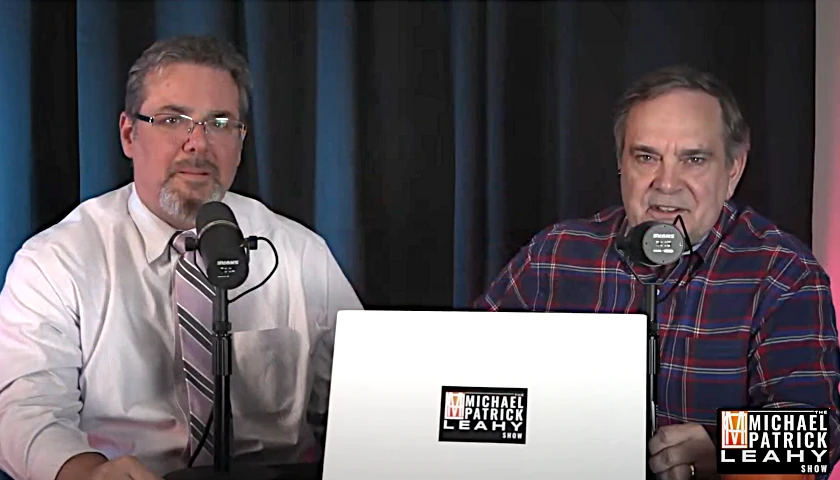Don Palmer, a U.S. Election Assistance Commission (EAC) Commissioner who was nominated by then-President Donald Trump and confirmed by unanimous consent of the U.S. Senate in 2019, said the U.S. is moving towards conducting its elections via paper ballots as opposed to paperless voting machines.
Palmer, who noted that the EAC’s “national security mission” is to develop standards to test accuracy and secure voting machines, said the U.S. could possibly see the use of paper ballots for universal voting as soon as “a few years.”
“We’re moving toward paper ballots. Less than 5 percent of the states are dealing with electronic machines. We’re moving in that direction, and I would say in a couple of years…you’re going to have 100 percent of states and localities use a paper ballot,” Palmer explained on Friday’s episode of The Michael Patrick Leahy Show.
When it comes to the EAC’s work to test the accuracy and secure voting machines still used in states across the nation, Palmer said the process of which a machine goes through in order to be approved is complex.
“The reality of it is that when we test [the voting machines] in a lab, they have to meet these standards. There’s over 1,200…They’re accredited [labs] in Alabama and Colorado. So we have bipartisan labs when it comes to those accredited labs, which we audit, and they have basically a lot smarter people than I that do this testing,” Palmer said.
Palmer also addressed fears of illegal aliens voting in the upcoming presidential election, explaining how election directors in certain states, including Tennessee, will “do everything within their statutory power” to ensure illegal aliens are not voting in the election.
“The election officials, including Tennessee, both state and local, are going to do everything within their statutory power to verify any sort of application that comes in. For example, you’ll use the DMV, you’ll use the courts, and they will verify the identity of a person and the citizenship of the person. The most effective are actually the DMVs because they characterize the status of the individual, but it’s not foolproof. We know that there’s prosecutions that end up occasionally,” Palmer explained.
“So we know it’s not foolproof. Election officials are doing everything within their power. So what happens, like for example, here in Tennessee, you and other states send queries, letters, asking folks that we weren’t able to verify this or we don’t have the evidence to prove it…That’s very common. It’s very common because if you can’t verify someone, you want to send them a letter, give them the opportunity to provide either the evidence of it or to say, ‘Hey, look, check your records again’,” Palmer added.
In regards to his position at the EAC, Palmer, who is also an attorney, admitted that the job “pushes” him every day.
“I’m an attorney by trade, but this pushes me every day. It pushes me. I served in the military, the mission…The details that are required for this position push me every day,” Palmer said.
While he was being confirmed by the Senate in 2019, Palmer, who had been the director of elections of Florida and Virginia at that point, said he felt “very comfortable” with himself in front of the Senate given his record of facilitating prior fair elections.
“As a Republican, you’re always a suppressor of the vote, right? But the reality of it is, in my position, I had probably facilitated 30 million people to vote over a number of elections. Some of which President Obama won, some of which Republicans won. So I felt very comfortable in my own skin that I had facilitated a vote fairly down the middle for both Republicans and Democrats,” Palmer said.
Watch the full segment:
– – –
Kaitlin Housler is a reporter at The Tennessee Star and The Star News Network. Follow Kaitlin on X / Twitter.





